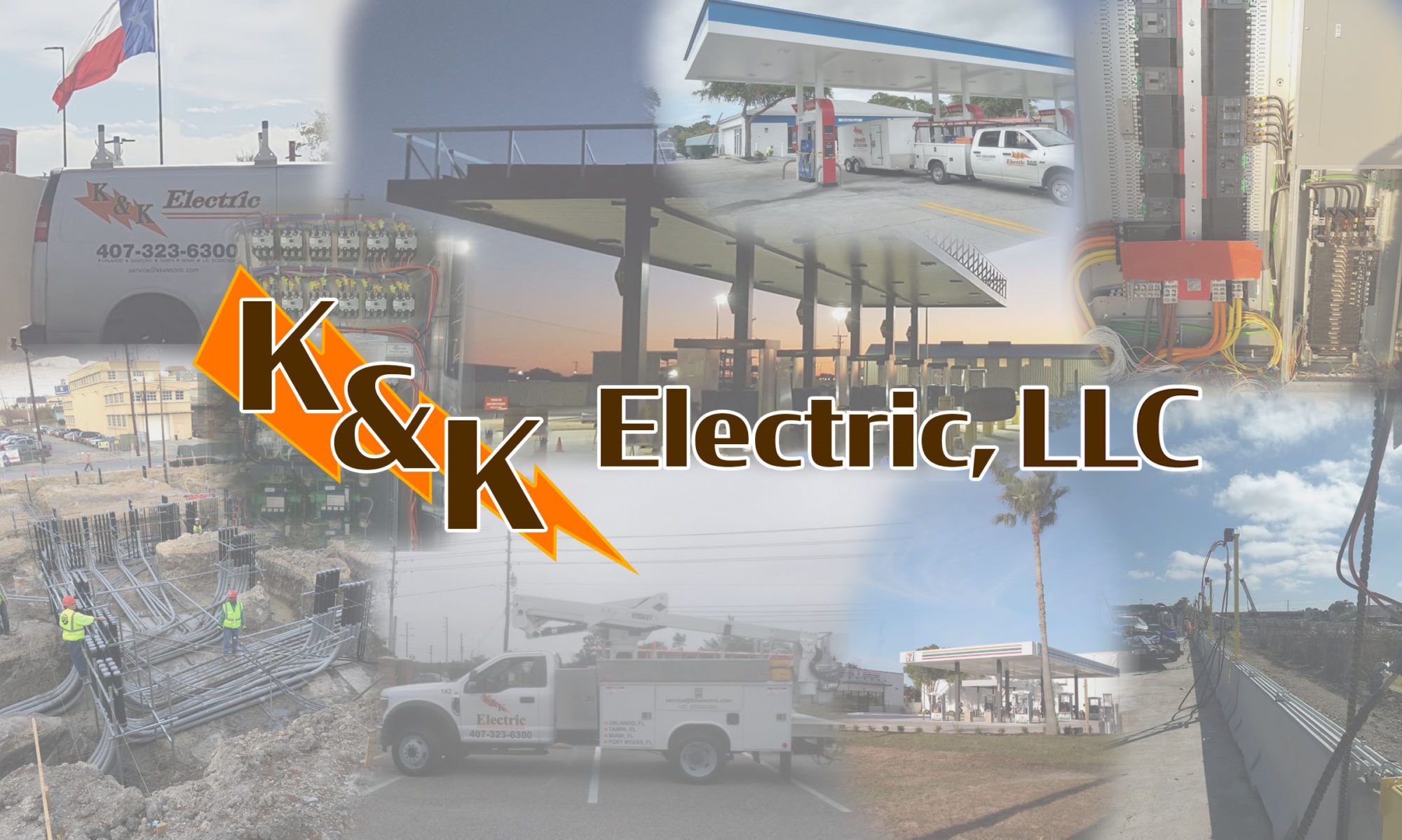When it comes to commercial buildings, electrical safety should be a top priority for both owners and occupants. Ensuring safe electrical systems is crucial to protect people and property from potential hazards. In this blog post, we will highlight the importance of electrical safety for commercial building owners and occupants and provide some essential tips to ensure a safe electrical environment.
“Electrical safety is of paramount importance for commercial building owners and occupants.”
Commercial buildings, such as gas stations, convenience stores, retail stores, hotels, and restaurants, rely heavily on electricity to power various systems and equipment. However, electrical hazards can pose serious risks, including electrical shocks, fires, and disruptions to business operations. As a responsible building owner or occupant, taking proactive measures to prioritize electrical safety is vital.
Here are some key tips to keep in mind for ensuring electrical safety in commercial buildings:
- Hire Qualified Electrical Contractors (Such as K&K Electric): When it comes to electrical installations, repairs, and maintenance, always hire a licensed and experienced electrical contractor who is knowledgeable about the local electrical codes and regulations. (K&K Electric is qualified and licensed, delivering safe and reliable electrical work.)
- Conduct Regular Electrical Inspections: Schedule regular electrical inspections by qualified electricians to assess the condition of the electrical systems in your commercial building. This should include checking for overloaded circuits, faulty wiring, and potential hazards. Address any identified issues promptly to prevent further risks.
- Avoid Overloading Circuits: Overloading circuits with excessive electrical loads can lead to overheating, electrical fires, and other hazards. Ensure that electrical loads are distributed evenly to prevent overloading.
- Educate Occupants on Electrical Safety: Educate your building occupants, including employees, tenants, and visitors, about electrical safety best practices. Provide clear instructions on the proper use of electrical outlets and equipment, and caution against the use of extension cords, overloaded outlets, and other unsafe practices.
- Install Ground Fault Circuit Interrupters (GFCIs): Install GFCIs in areas where water is present, such as bathrooms, kitchens, and outdoor outlets. GFCIs are designed to quickly detect and interrupt electrical currents that could pose a risk of electrocution, providing an additional layer of protection.
- Maintain Adequate Emergency Lighting: Emergency lighting is crucial for safe evacuation during power outages or emergencies. Ensure that your commercial building has adequate emergency lighting in hallways, exits, and other critical areas, and conduct regular testing and maintenance to ensure proper functionality.
- Create and Communicate Emergency Response Plans: Develop and communicate clear emergency response plans to all occupants of your commercial building. This should include evacuation procedures, emergency shut-off procedures for electrical systems, and designated meeting points. Regularly review and update the plans as needed.
In conclusion
Electrical safety is of paramount importance for commercial building owners and occupants. By hiring a qualified electrical contractor, conducting regular inspections, avoiding overloading circuits, educating occupants, installing GFCIs, maintaining emergency lighting, and having clear emergency response plans, you can create a safer electrical environment in your commercial building. Prioritizing electrical safety not only protects people and property but also ensures smooth business operations and compliance with local electrical codes and regulations. Don’t compromise on electrical safety – it’s a smart investment for the long-term success of your commercial building.

